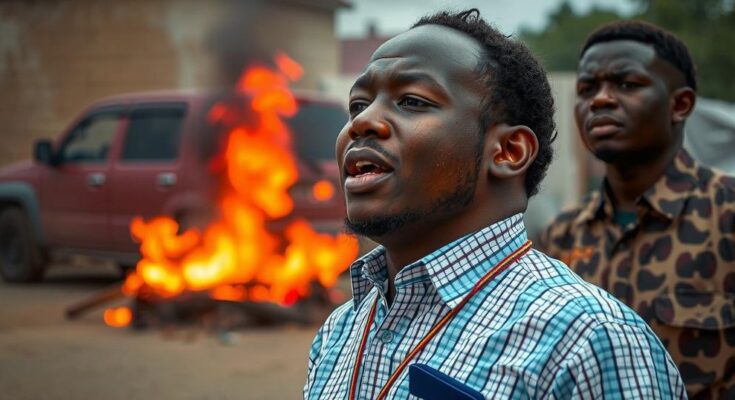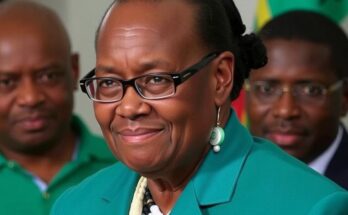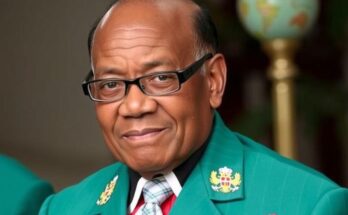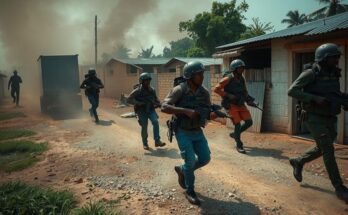Following the confirmation of Daniel Chapo’s victory in disputed elections, Mozambique erupted in violence, leading to 21 deaths, including police officers. Protests were primarily driven by supporters of losing candidate Venancio Mondlane, resulting in numerous violent incidents across the country.
Mozambique has recently experienced a surge of violence following the confirmation of Daniel Chapo as the winner of the controversial elections held on October 9. The ruling, announced by the country’s highest court, has incited protests, resulting in at least 21 fatalities, including two police officers. According to the Minister of the Interior, Pascoal Ronda, the unrest is predominantly instigated by the supporters of the losing candidate, Venancio Mondlane, who secured 24 percent of the vote against Chapo’s 65 percent. In the wake of the court’s decision, multiple instances of violence and looting have been reported across the nation.
The recent elections in Mozambique have been fraught with contention, highlighting deep political divides. The ruling Frelimo party, which has been in power since the country’s independence, faced significant opposition from candidates such as Venancio Mondlane. The tension surrounding the electoral outcome has historical roots, stemming from long-standing issues of governance, corruption, and public discontent with the political status quo. The role of the judicial system in confirming election results is critical, as it can either bolster or undermine trust in democratic processes.
In conclusion, the confirmation of Daniel Chapo’s electoral victory has triggered widespread unrest in Mozambique, with significant loss of life and public disorder. The situation underscores the challenges facing the nation’s political landscape and highlights the urgent need for dialogue and reconciliation among competing factions. The government must address grievances to restore order and improve trust in the democratic process moving forward.
Original Source: www.nytimes.com




